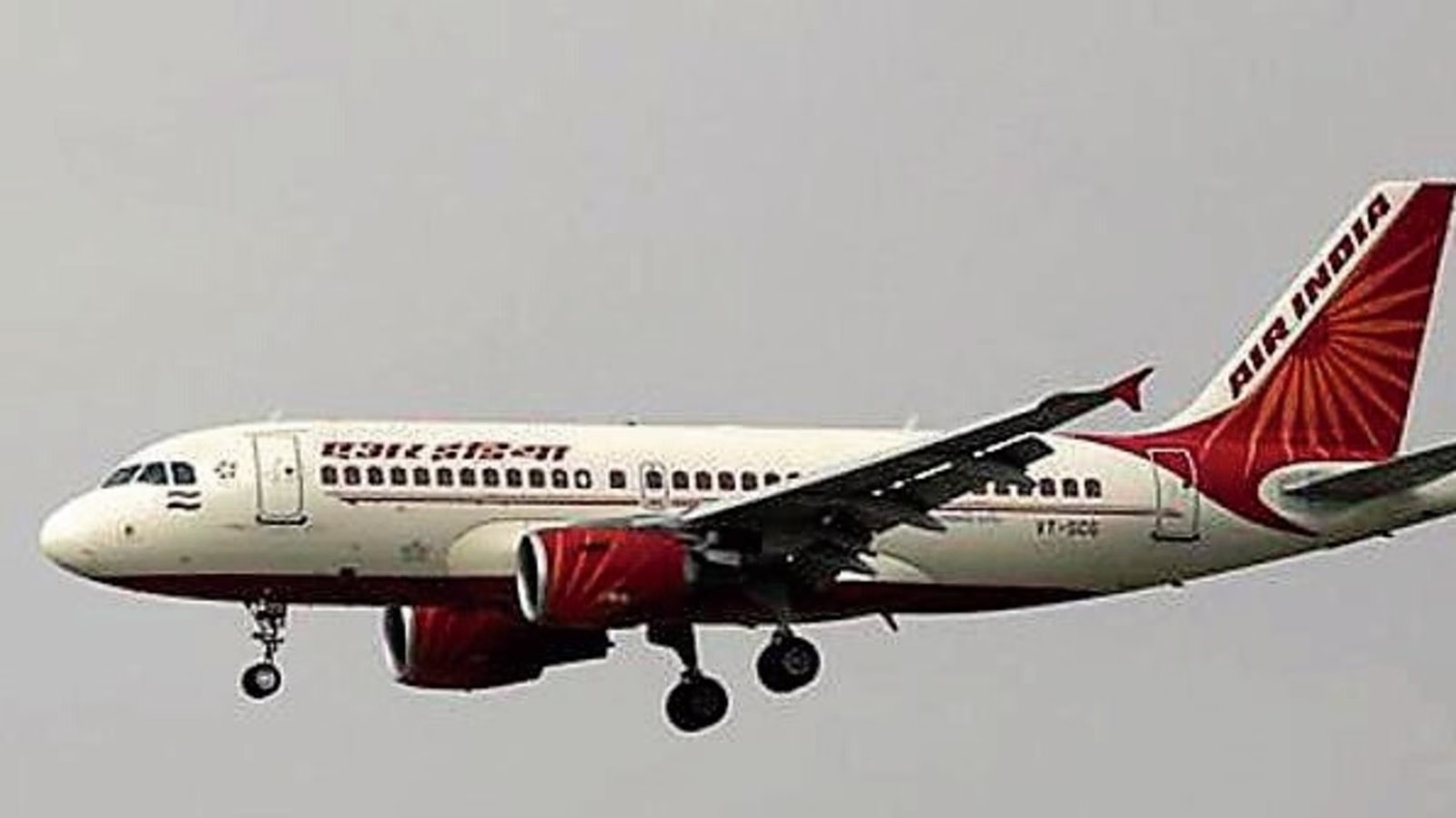As the curtains fell on the seven-phase Lok Sabha elections of 2024 on Saturday, June 1, India awoke the next day to a landscape subtly altered by two significant economic adjustments. On June 2, two announcements marked a notable shift for the nation’s motorists and consumers: the National Highways Authority of India (NHAI) declared a nationwide toll hike averaging 5 percent, while Amul, one of India’s leading milk suppliers, raised its prices across all milk variants.
The toll hike, an annual revision linked to the Wholesale Price Index (WPI)-based inflation, was officially communicated to the Ministry of Road and Transport back in April by the Election Commission of India (ECI). The ECI had instructed that any decision affecting power tariffs or user fees should be implemented only after the conclusion of the polling process in the relevant state. Consequently, the new user fee structure took effect on June 3, 2024.
According to a senior NHAI official, this adjustment means that motorists will face higher charges at nearly 855 toll plazas scattered across the national highway network. The increase, though modest on paper, translates to a palpable impact for regular commuters. In Tamil Nadu, toll booth employees handed out pamphlets and made announcements via loudspeakers to inform the public about the upcoming changes.
Parallel to the toll hike, the Gujarat Cooperative Milk Marketing Federation (GCMMF), which markets dairy products under the ‘Amul’ brand, announced an increase in the prices of its fresh pouch milk, effective June 3. The price of a 500ml pouch of Amul Gold has risen by ₹2, while Amul Taaza has seen increases of ₹1 and ₹2 for 500ml and 1L packs, respectively. Additionally, Amul Buffalo Milk now costs ₹3 more per liter.
This price adjustment is attributed to the rising costs of operation and milk production. “Our member unions have increased farmers’ compensation by approximately 6-8 percent over the last year,” stated the GCMMF. The hike aims to ensure that milk producers receive remunerative prices, thereby encouraging higher milk production and sustaining the supply chain.
In a broader sense, these changes underscore the immediate post-election economic shifts that often follow significant political events. The conclusion of the Lok Sabha elections not only sets the stage for political realignments but also signals the resumption of routine administrative adjustments that had been on hold during the election period.
For the everyday Indian, these changes reflect the ongoing interplay between governance, economic policy, and the marketplace. The toll hike and the rise in milk prices, though distinct in their specifics, share a common theme: the balancing act of managing inflationary pressures while attempting to maintain equitable remuneration for service providers and producers.
As India transitions from election fervor to the practicalities of daily life, such adjustments remind citizens of the continuous nature of economic evolution. The immediate aftermath of the 2024 Lok Sabha elections serves as a microcosm of the broader dynamics at play, where policy decisions and economic realities intersect, shaping the day-to-day experiences of millions across the nation.











